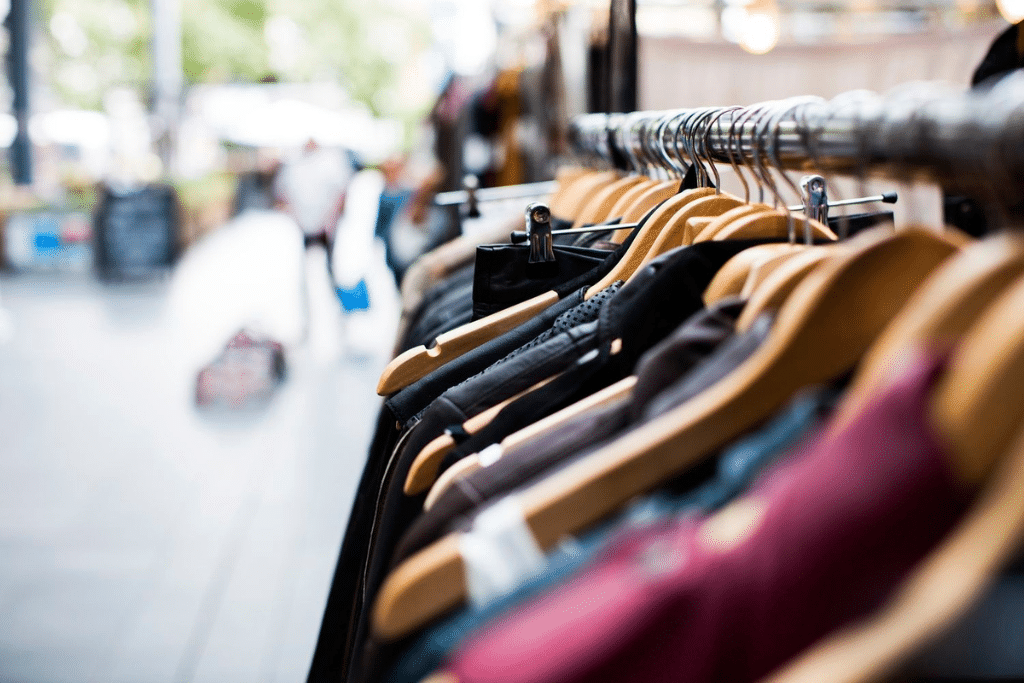It is time for fashion brands to lean into, not abandon, carbon credits as a critical climate finance instrument. As climate critics increase along with climate action, it has never been clearer to me that when the going gets tough, the tough get back to work. It is precisely when we are pushed to go beyond our comfort zone that real progress happens – not least when it comes to corporate leaders both showing and telling how they are addressing climate change.
—
Today, rising temperatures and extreme weather events are translating into an increased urgency to find innovative ways to reduce emissions, within and beyond corporate value chains. But public scrutiny has also increased. While important to help drive improvement across corporate climate solutions and actions, it means that companies have never been under more pressure to communicate to consumers and investors what their plan is to reduce emissions in line with science and deliver on their commitments. If their strategies don’t stack up – or their claims overstate what they are achieving – public flogging ensues, and legal action is no longer a distant prospect.
These trends are particularly visible in the fashion industry. A recent EU screening of sustainability claims in the textile, garment and shoe sector suggested that 39% could be false or deceptive, and multinational fashion brands have been found by the Netherlands’ Authority for Consumer Markets to have been making false green claims. UK authorities are following suit, as part of a larger effort to develop its Green Claims Code.
So, how should companies proceed, if they are looking to future-proof their business, avoid expensive legal fees, and raise the bar on their climate ambitions?
If I had one piece of advice, it would be: make sure your words match your impact, and transparently share what you are learning along the way. Are you reducing emissions in line with science within your value chain, and do you top it by funding climate action beyond that? Or are you just paying to compensate for your emissions? The context around your climate efforts must be clear in the claims you make, if the corporate sector is to shift to an era of radical transparency.
You might also like: 10 Companies Called Out For Greenwashing
In Paris We Trust – Private Finance Will Help Us Get There
The climate goals of the Paris Agreement will never be reached by government action alone. A seven-fold increase in climate investment – an astonishing $1 trillion – is needed by the end of this decade. To have a fighting chance at maintaining a habitable planet we need private companies to step up.
But will they? And why should they, when the few – including fashion brands – that take any climate action get battered left, right and centre for the claims they make? This is why we have seen a rising trend of “greenhushing” – a term coined by South Pole last year, where companies keep tight-lipped about their climate claims.
More on the topic: ‘Greenhushing’ on the Rise as Companies Keep Quiet on Science-Based Targets
History shows that companies who are recognised (and praised) for their climate actions – especially by key stakeholders like clients and consumers – are more willing to fund climate action. And research shows that those who use carbon credits to compensate for their emissions are more likely – not less, as some NGOs and others argue – to work on reducing their emissions. In fact, they are decarbonising twice as fast as those who don’t.
But companies are at a crossroads. Those who do not communicate clearly about the progress of their climate commitments risk scrutiny, those who are shying away from sharing their goals are holding back on progress at this crucial moment.
Taking full responsibility for your emissions and being transparent in your green efforts is what consumers have been demanding for years, so it pays off for companies to investigate how to prove that their green credentials are genuine, and show that climate action has truly been taken.
Celebrating Climate Action With Transparency
Recent controversy around the term “carbon neutral” has made it synonymous with confusion and mistrust. Recently, several global fashion brands have dropped the term ‘carbon neutral’ altogether, and some have gone further by dropping their 2030 net-zero emissions target or delayed their deadline by a decade. This is just the start. More are likely to follow suit.
When companies use this term, it is not crystal clear whether they are referring to actually reducing their operational emissions or whether they are compensating for their emissions by buying carbon credits. Both strategies are valid – but the two must be distinct to be able to provide consumers with clarity and insight.
At the same time, we need companies to keep funding climate action within and beyond their own value chains – an imperative recognised by the Paris Agreement – and the fashion industry needs a new claim around climate action. One that gives credit where credit is due, but makes it very clear what a company is doing to avoid potential greenwashing. Fashion companies need to be able to claim they are “green” with confidence.
Let’s not forget, decarbonisation doesn’t happen overnight. It is a process every company is navigating or will have to navigate – and fast. But to forge the path for a sector-wide shift, we need the fashion industry to play a leading role, put an end to the cycle of greenwash and greenhush, and show that climate action has truly been taken. Let us applaud those who are doing it well, for others to learn from and follow.
Featured image: Wikimedia Commons
You might also like: Fast Fashion and Its Environmental Impact


















